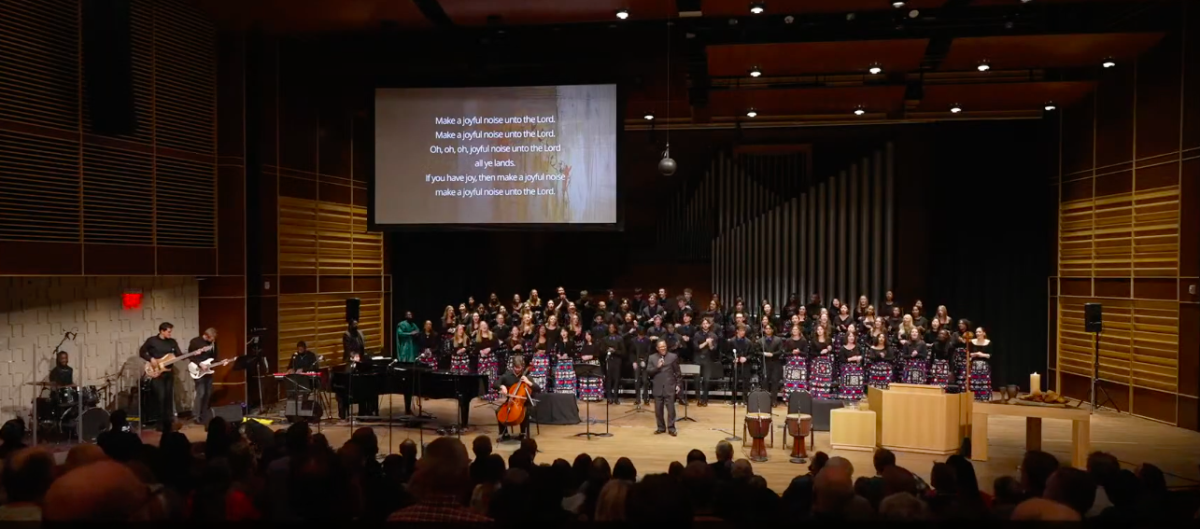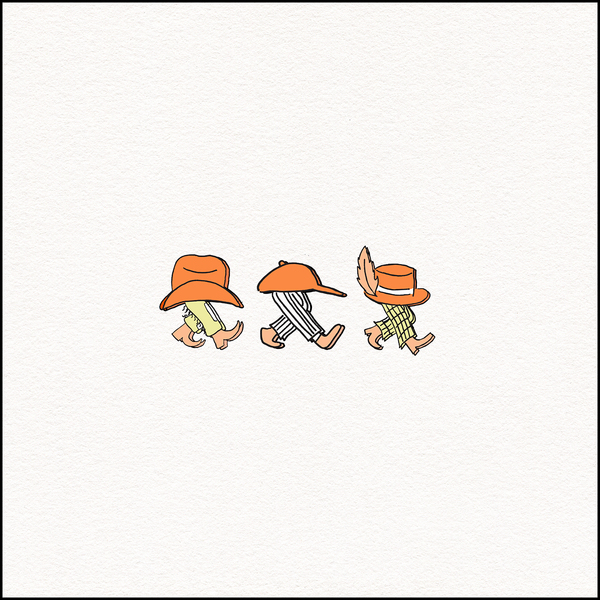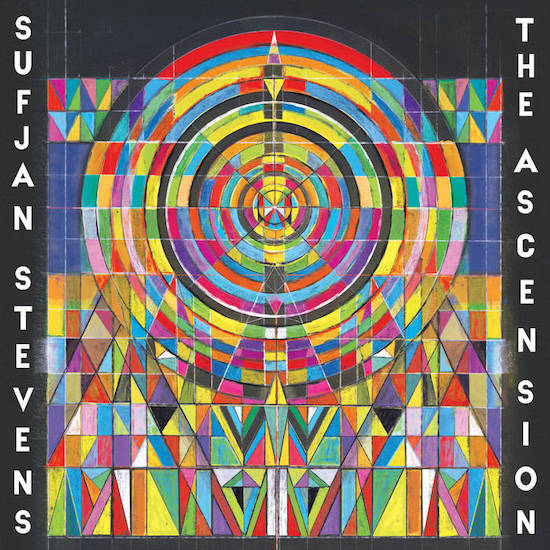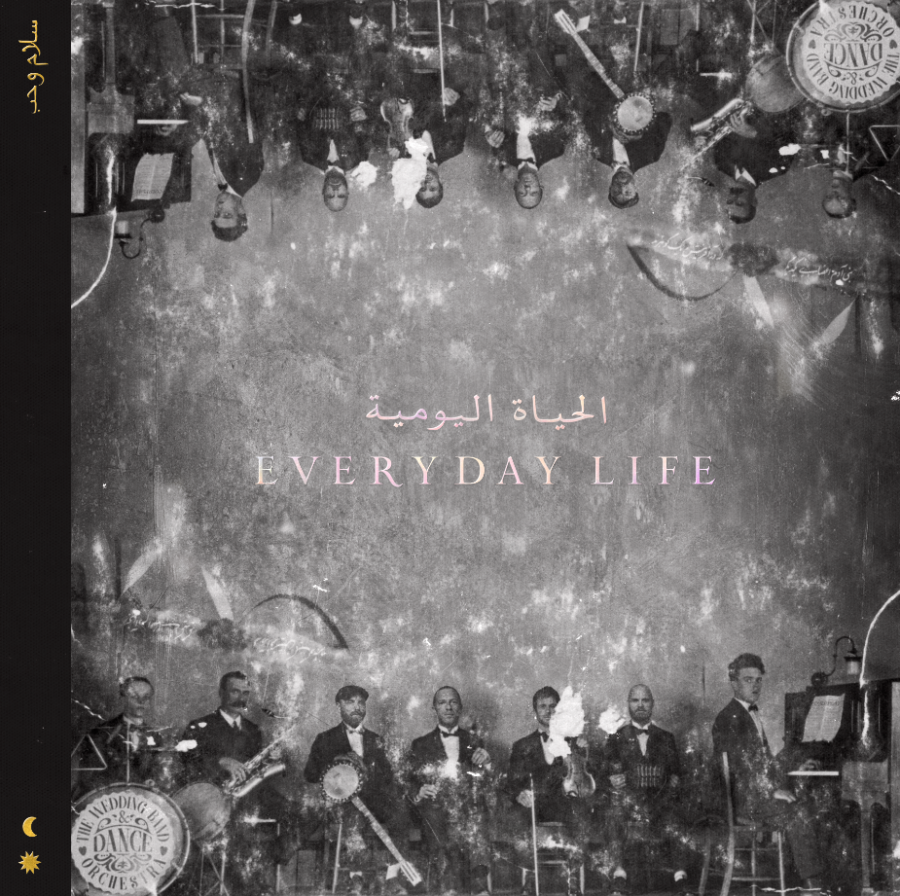I beg the reader’s forgiveness for beginning this review by talking not about Sufjan Stevens but about Soren Kierkegaard.
French philosopher Henri Lefebvre writes of Kierkegaard, the great Danish poet of anguish, “He hates sin, and yet all his literary skills gravitate around eroticism and an impotent lusting after sin and ‘the secret of sinning.’”
And one step further, “dissatisfied, suffocated, the individual feels as though he is dying before he has lived.” These lines might as well have named Sufjan Stevens, and they help to clarify why I absolutely reject his latest album.
“Carrie and Lowell” is Sufjan Stevens’ seventh LP, an autobiographical work steeped in classical references and tenderly garnished with electro-acoustic arrangements.
Finger-picked guitar and banjo strings predominate, coming in cascades of minor chords. Occasionally Stevens brings an organ to whisper beside him, or a synthesizer.
Nearly all the vocals exist in a narrow range between multi-tracked, breathy singing and airy falsettos. Every song is bound to an almost desolate aesthetic unity, with the usual explosion of instruments narrowed to bedroom-bound indie folk.
It reminds one of nothing so much as “For Emma, Forever Ago.” Judging by its euphoric reception by the press so far, “Carrie and Lowell” is bound to be another musical touchstone for the disaffected set.
Stevens, in a recent interview with Pitchfork, supplied online exegetes with all the biographical detail they need. In the same interview, he said, “This is not my art project; this is my life.”
Though that is obviously untrue, there is a grain of truth. Stevens has always been writing autobiography, but he has dropped the pretext of writing about states or UFOs.
His lyrics name names, particularly those in the title, which makes the writing more “authentic.”
In writing directly about his experience with his late mother and her husband and his suffering in the wake of her death and long absence, he imbues his songs with a palpable emotional force.
Take “John My Beloved,” which constructs a stately frame of biblical and mythological references that lead him to the line: “There’s only a shadow of me; in a manner of speaking I’m dead.”
Meanwhile a programmed click counts time, the throb of decay that Stevens earlier brings up in “Fourth of July.”
Given the album’s subject matter, shaped by mourning and touching on everything from drug abuse to suicidal impulses, the funereal tone is expected.
But what function does all this psalmody serve? It avoids the temptation of canned comforts, but the album is more corrosive than constructive.
Christianity has always had a tortured relationship with death and suffering, often sliding too far into baptizing self-destruction as noble and suffering for its own sake as redemptive.
Stevens, like Dostoyevsky and Kierkegaard before him, magnifies the moment of doubt and the suffering of the downtrodden into an icon.
One of the consistent themes in the album is the writer’s recourse to faith as a last support. “Jesus I need you, be near, come shield me,” he sings, and though the line carries what was no doubt a genuine ache, I cannot follow this line to its conclusion.
Ultimately, the album spirals into knots of self-pity that grow less intense the more the album wears on. Rawness gives way to numbness, and “Carrie and Lowell” ends up reproducing the worst of indie music’s privileged self-obsession despite all of its beautiful phrases. Stevens’ doubts are familiar to me, but I see no value in this music.
I must acknowledge this review is as much self-criticism and criticism of the music. I spent many nights listening to “Age of Adz” while musing on my own transcendent suffering.
But if music fails to give life, to meaningfully illuminate my relationship to life as I live it, there is no reason to listen to it.
I recommend listeners approach this record with an open mind, ignore the chorus of angels singing this album’s praises, and take from it whatever truth you can.
For me, it only solidifies my break with Stevens’ music, marking what I hope is not a point of no return.












